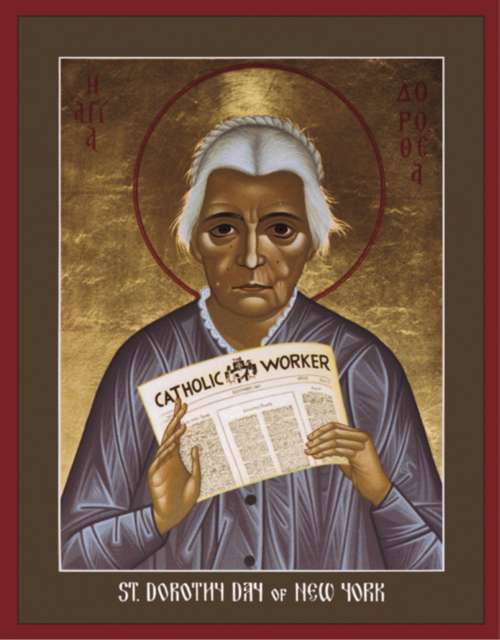Max and Dorothy
„The Protestant Ethic and the Spirit of Capitalism“ by Max Weber is a collection of essays from 1904 and 1905, which were revised and published 1920. It is one of the most inspiring and ground-breaking works in sociology and especially in religion-sociology I’ve ever read. Weber presents his idea of a link between protestant ethic and the start of the industrialization as well as the rise of capitalism. Following the question if there is a connection between religion and economical success, he enfolds a nexus (what he calls a “Wahlverwandschaft”) between protestant ethics and convictions and the capitalist principle, which he defines as accumulation of capital and reinvestment as an ideal breeding ground for the industrialization. Weber describes two virtues that he holds responsible for the development of a “Spirit of capitalism”: the unbroken will to work and the ascetic abstinence of consumption. He discovers these virtues at the same time in protestant ethics (esp. Calvinism) as in modern economical role models like Rockefeller or Franklin. Weber ascribes the economical success of countries like France, Scotland and the Netherlands to their Calvinist philosophy and conviction that all their fortune is “money given by God” (Rockefeller).
The Calvinist idea of predestination, protestant professional ethics and the sectarian character of reformed religious movements are the three main points of importance in Webers work. Max Weber was inspired to write on this topic, stimulated by his student Martin Offenbacher and his empirical work on denominational- and millieutypical behavior. (“Martin Offenbacher: Konfession und soziale Schichtung. Eine Studie über die wirtschaftliche Lage der Katholiken und Protestanten in Baden, Tübingen und Leipzig”, 1900). His empiric work portraits educational background and wages linked with the denominational roots of people in southern Germany. Weber reads and interprets Offenbachs (regional) statistics and develops his (general) theory out of it. Out of this specific data and reasearch Weber derives generelazing Statements on other circumstances and regions. To me it is not only interesting, what Max Weber writes about Protestants, but also what he writes about Catholics (and what he does not mention at all). This generalisations are fruitful in some thoughts, in others they are trivializing and over-simplyfying.
Webers generalising idea of an ascetic but prosperous Protestant also produces a certain picture about catholic Christians.
It is interesting to noctice what Weber states about Catholics and what he does not mention at all – by that he produces a antonym and constrasting opposite which is a statement as well.
In this book (and also in “Wirtschaft und Gesellschaft – Grundriss der verstehenden Soziologie”) Weber also portraits Catholics. He describes the religious dimension of the professional work life of a devout catholic as always being on the edge between the violation of pontifical and roman-catholic decrees or not being agreeable to God. To Weber the catholic ethic is contradictory to property and economical entrepreneurship.

Image: Georgetown University
It is interesting that these days some US-American bishops in the catholic church push for a canonization of Dorothy Day, a catholic social-justice activist. The New Yorker calls her the “heroine of the American left and the most famous radical in the history of the American Catholic Church” and puts her in a line with nowadays occupy activists. It is written, that Dorothy Day read Webers works and studied his ideas of bureaucratization, economy and society.
What would Max Weber have said to (Saint) Dorothy Day and her catholic ethics on economy, poverty and society?
Leave a Reply
You must be logged in to post a comment.